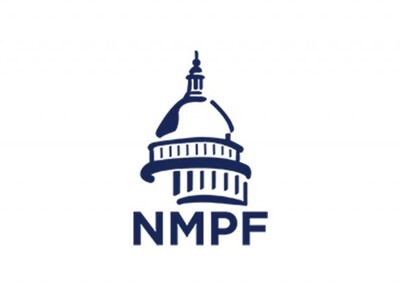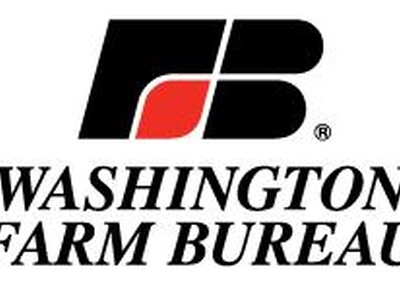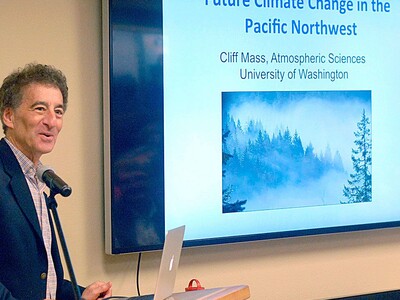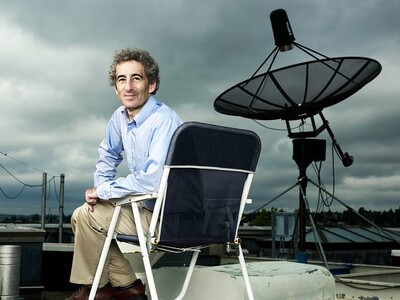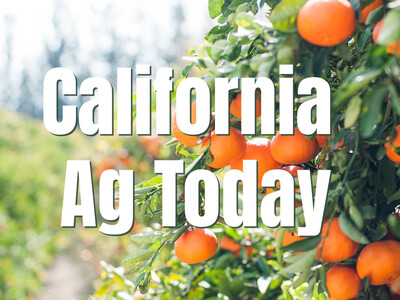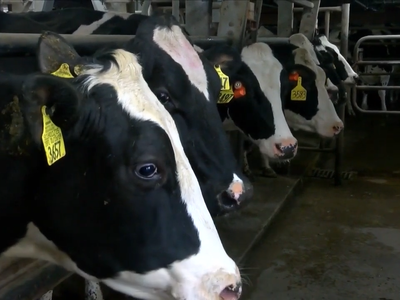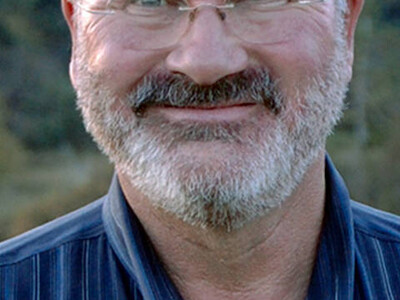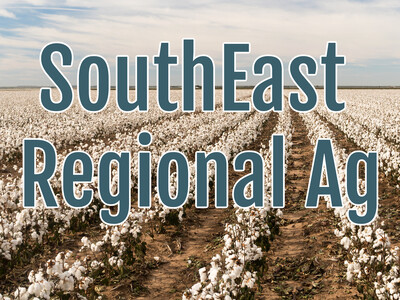Sustainable Practices
Sustainable Practices. I'm Greg Martin with Washington Ag Today.My grandfather was a farmer and rancher. Then when I was a teen I spent my summers working on farms. Even today, if you look back there have been significant changes in the farming practices from one generation to the next. Jim Armstrong with the Spokane Conservation District
ARMSTRONG: Well it's amazing to me when I look out and I see someone plowing and they;re pulling the 150 year old or 200-year old technology behind a brand new $300-thousand dollar tractor, well what's the point? If you're going to use precision agriculture technology, use all of it.
He says that it has been a learning curve.
ARMSTRONG: When no-till first came on the scene in the Palouse was 1969/1970 and the equipment wasn't very good, it was heavy, there was some issues with disease and crop failures because we didn't know how to use it. The research done at Washington State University and the University of Idaho found that there was some things that we needed to change in the methodology farming. It works. It's not something that - oh it works on that farm and not on mine, it'll work everywhere.
As time goes by and we learn more, Armstrong says more people are coming around to these sustainable farming methods..
ARMSTRONG: One of the barriers to the adoption of no-till is the cost of new equipment and one of the things that the Conservation District did starting in 1995 was provide a low interest loan program for farmers to switch to no-till and direct seed.
And that's Washington Ag Today. I'm Greg Martin, thanks for listening on the Ag Information Network of the West.




